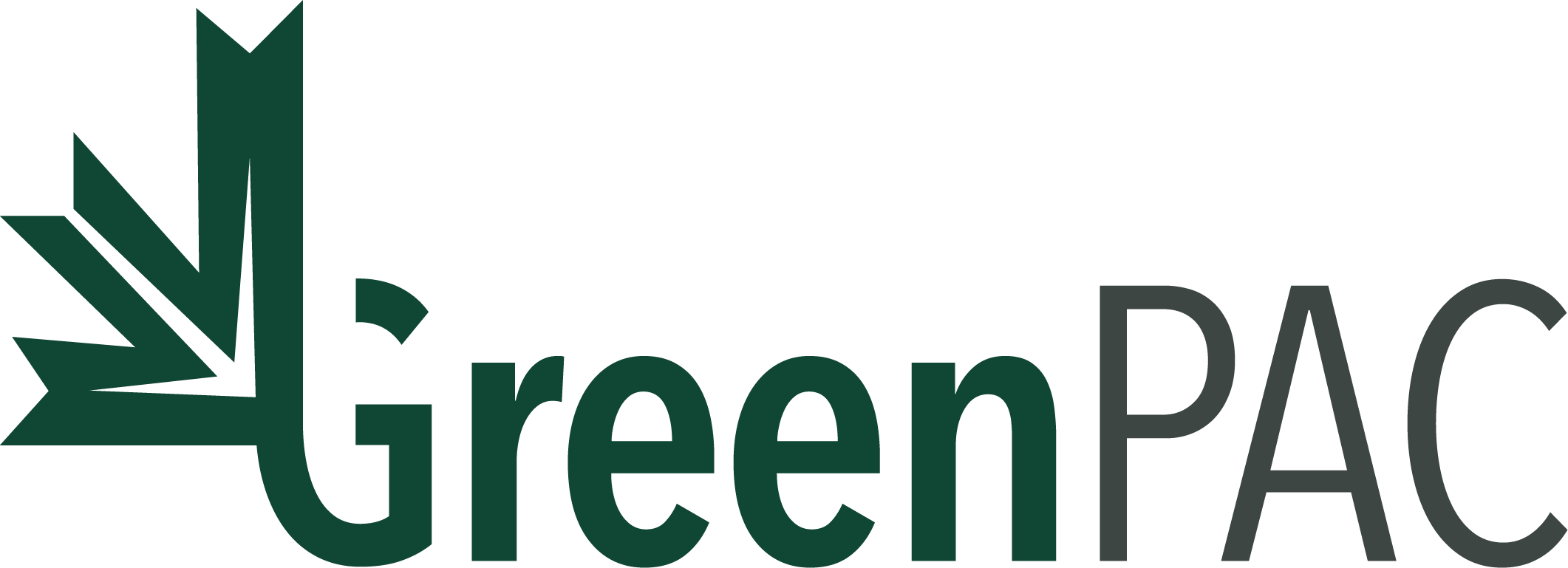2015 is the Year for a Healthy Environment and Economy
- brasitsan
- Mar 8, 2015
- 2 min read
This is a guest blog written by Andrea Moffat. The opinions expressed in this article are of the author’s, and are not necessarily reflective of the views of GreenPAC.
We launched into 2015 with the energy that only a new year can bring. Resolutions started with good intention and perhaps were quick to end. The question is, can we keep our resolutions for the short or long-term?
Many of us made resolutions regarding our health – the gym and yoga studios were packed in January and February and the restaurants and bars were quieter. We even have fun gadgets to track our steps, spins and jumps with graphs, charts and virtual trophies. We were hopeful that our inspiration would last through the cold winter and beyond, as we know that we can enjoy our lives more if we are healthy over the long-term.
The same is true for the relationship between the environment and the economy. We need access to energy, water, food and fiber to support our communities and to build a vibrant global economy.
Analysis from scientists, economists, academics and leadership organizations, such as The World Economic Forum (WEF), are pointing out that some of the biggest global risks for long-term success – water crises, failure of climate change adaptation, cyber attacks and food crises – are at the nexus of the environment and the economy. The urgency of action required to address these risks is only increasing and this was reaffirmed by the 2015 WEF Global Risk report.
What is really interesting is that there is broad agreement that developing solutions to these risks requires collaboration across multiple stakeholders including business, investors, civil society, government and citizens. We are also starting to see examples of these collaborations building momentum –
Canada’s Ecofiscal Commission was launched at the end of 2014 and will propose recommendations for shifting taxes on labour and income onto pollution and wasted resources.
McKinsey (a well respected global management consulting firm) and one of the largest global pension funds, the Canadian Pension Plan Investment Board (CPPIB), established Focusing on Long-term Capital to develop approaches and metrics to shift the market from its short-term quarterly earnings expectations, to a sustainable economy.
We Mean Business, a coalition of organizations including leading non-profits Ceres and the Carbon Disclosure Project (CDP), are working with business and investors to drive a low carbon economy, and
The Climate Declaration, a call to action of which hundreds of businesses have signed recognizing that climate change is the greatest economic opportunity of the 21st century.
All of these initiatives demonstrate that there is a demand by market leaders to develop a long-term sustainable economy.
Business and investor leaders are taking action now and it is time for political leaders from across the spectrum to accelerate solutions.
As the winter drags on through March, perhaps the resolution to make 2015 a year of action for the economy and environment will be easier to keep than the gym membership you purchased back in January.
